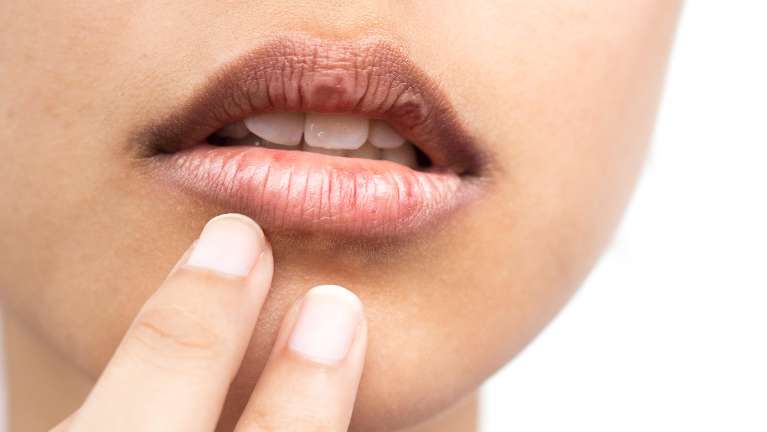
Let’s talk about saliva – yes, saliva. It may not be the hottest topic on the block but it’s certainly more interesting than you might think. While we don’t typically consider the significance of saliva in our day-to-day lives, its absence can have a significant impact on our oral health and daily functions. This condition is called dry mouth or xerostomia and is characterised by a reduction in quality and/or quantity of saliva.
What causes Dry Mouth?
A variety of factors can interplay into causing xerostomia. This includes:
- Medical conditions such as Sjogren’s syndrome, anxiety and Parkinson’s disease
- Over 500 prescription and over-the-counter medication used to treat various conditions such as high blood pressure, asthma, and depression.
- Radiation therapy to the head and neck causing damage of salivary glands
- Dehydration leading to thirst, fatigue, dry skin, and mouth.
- Normal aging where our salivary glands may not function as well as they used to
- Lifestyle habits of smoking, alcohol, and drug use
How does Dry Mouth affect my Oral Health?
Saliva serves several crucial functions and is composed of many beneficial enzymes. In addition to facilitating speech, aiding in digestion, and contributing to taste and smell, saliva also provides protection against oral diseases. This is due to its flushing action, which removes food debris and bacteria, as well as its buffering capacity which neutralise acids in the mouth. If saliva production is inadequate, these benefits are diminished in the oral cavity.
Consequently, the following oral health issues are more likely to occur:
- Tooth decay
- Gum disease
- Oral infections
- Bad breath
Moreover, individuals who wear dentures may experience discomfort and develop sores if they have a dry mouth, as a thin layer of saliva helps to maintain the dentures' grip on the oral tissues.
How can I manage Dry Mouth?
Here are some strategies you can try out:
- Maintain hydration by drinking at least 1.5L of water daily, including during meals to moisten dry foods. This can stimulate saliva production and keep your mouth moist.
- Stimulate saliva flow by chewing sugar-free gum or sucking on sugar-free hard candy.
- Limit intake of substances that can dry out the mouth, such as caffeine, alcohol, and cigarettes.
- Use a humidifier in your bedroom or other areas of your home to maintain moisture in the air.
- Practice good oral hygiene and avoiding sugary or acidic food and drink intake to minimise risk of oral diseases.
Consulting with your dentist can help address any concerns or experiences you have with dry mouth and allow for the creation of a tailored plan to manage your condition. You may be
recommended saliva substitutes or oral lubricants such as Biotene mouthwash and a higher concentrated toothpaste for extra protection. Moisture really does matter in oral health – feel free to have a chat with us about it in your next visit!